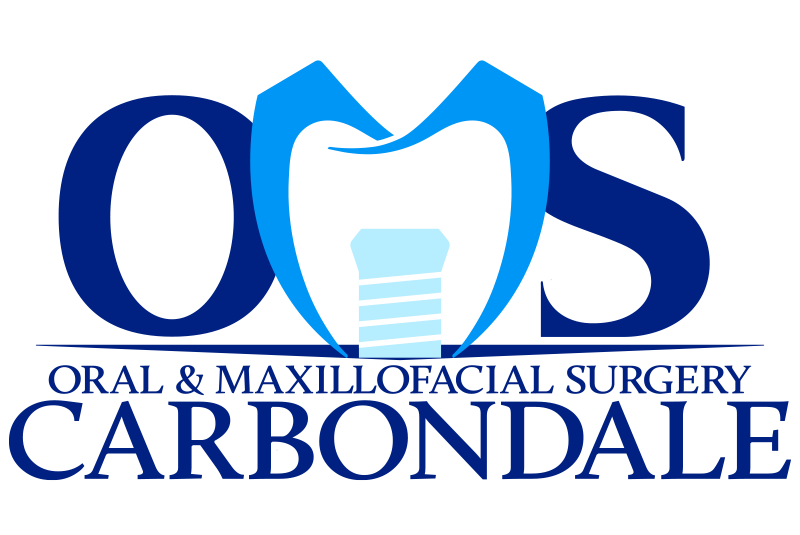Did you know that your medical history plays an important role in your oral surgery outcome? A comprehensive medical history includes information about health problems, past surgeries, drug allergies, and any adverse reactions to anesthesia in the past. You will also want to know the names of any Over-the-Counter (OTC) and prescription medications that you may be taking. Many medical conditions and medications can have implications on your oral health and surgery, and certain factors may increase the risks associated with the procedure or affect the healing process. Conditions that may affect healing include diabetes, immunosuppressive diseases, irradiation of the jaws, and smoking. Also, some drugs have been found to negatively influence healing, including bisphosphonates, antiresorptive medications, blood thinners, selective serotonin reuptake inhibitors, proton pump inhibitors, steroids, and chemotherapy.
During the initial oral surgery consultation, our surgical team will need to know not only about your general health but also about any oral health problems that you may have. A thorough radiographic evaluation involves reviewing appropriate, up-to-date imaging taken by your dentist or taking a CBCT and/or a 3D PAN at your visit to evaluate the details of the bone and teeth in your mouth and jaw. Your oral surgeon will also visually examine your mouth, gums, teeth, and jaw to get a better idea about your oral health and any problems or potential problems. Medical problems and medications can affect the healing process so this consultation is extremely important and can mean the difference between a successful surgery and a not-so-successful surgical outcome.
Understanding how these factors interact with your oral surgery procedure can make all the difference in your recovery and long-term oral health. This information helps our team anticipate and mitigate potential complications, select appropriate anesthesia options, and develop a personalized treatment plan that takes into account your overall health and well-being. During your consultation, make sure to communicate openly with our team about your medical history so we can ensure the best possible care. Call our office today at 618-529-2571 to schedule your consultation to discuss your oral surgery needs.

